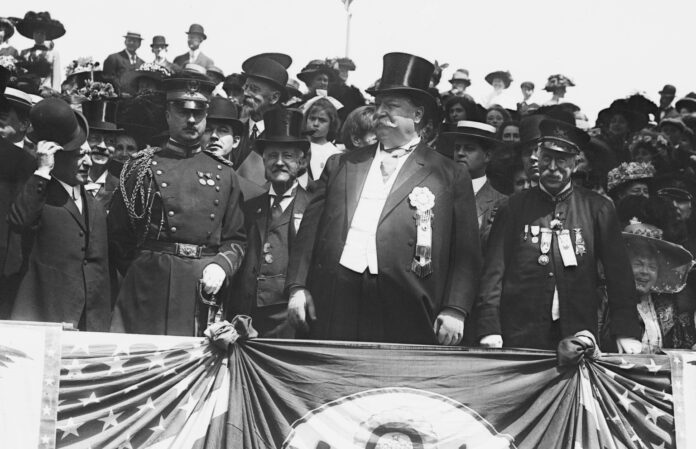
By Sarah Wall
Although it’s one of America’s oldest holidays, first established in 1800 to commemorate George Washington’s birthday, Presidents’ Day is also a quieter one, without much pomp and circumstance. Still, while Presidents’ Day may not be celebrated loudly, the memorial for presidents is a perfect time to consider our nation’s history: where we come from, where we are, and where we’re going. Past presidents have played a significant role in the United States’ development as a country, but few Americans are able to name half of the 46 presidents. What might some of the lesser-known presidents in American history teach us today?
James K. Polk:
“The gratitude… should be commensurate with the boundless blessings which we enjoy.”
President Polk was the 11th president of the United States, serving one term from 1845 to 1849. Despite his short presidential tenure, he oversaw a massive expansion of the country westward. He believed in “manifest destiny” – that the United States was fated to reach the Pacific Ocean – and oversaw the annexation of land that would eventually become all or part of Texas, California, Arizona, Utah, Colorado, Wyoming, Nevada, New Mexico, Washington, Idaho, Montana, and Oregon. As this explosive growth would indicate, Polk was president in a time of “peace, plenty, and contentment,” and he did not take it for granted. He emphasized the importance of gratitude in recognizing America’s “boundless blessings.”
Franklin Pierce:
“While men inhabiting different parts of this vast continent cannot be expected to hold the same opinions, they can unite in a common objective and sustain common principles.”
President Pierce served as the 13th president. While he came into office soon after Polk, times had changed: tensions were roiling in the decade before the Civil War. Difficult decisions on whether newly acquired states and territories should come into the Union as slave-owning or free were ultimately Pierce’s downfall. He did not act when the insurrection broke out in Kansas’ capital during the infamous “Bleeding Kansas,” nor did he intervene when two Congressmen openly brawled in the halls of the Senate. Whatever his shortcomings, Pierce’s experience can provide a lesson for us today. He knew that despite the disagreements and differences that would cause war ahead, American principles and common purpose could, in the end, be a force for national unity.
Benjamin Harrison:
“Have you not learned that not stocks or bonds or stately houses, or products of the mill or field are our country? It is a spiritual thought that is in our minds.”
As the 23rd president of the United States, President Harrison served one term from 1889 to 1893. Harrison, the ninth president’s grandson, had an illustrious career in politics before coming into the White House. He represented Indiana in the U.S. Senate from 1881 to 1887, where he was known for being highly principled, breaking with his political party to oppose restrictions on immigration from China. As president, he is best known for passing the Sherman Antitrust Act. He acted on his belief that American consumers would ultimately suffer if gratuitous monopolies were allowed to take advantage of them. Economic prosperity is part of the American story – but as Harrison reminds us, far more important is the American spirit.
William Howard Taft:
“We must dare to be great, and we must realize that greatness is the fruit of toil and sacrifice and high courage.”
William Howard Taft was the nation’s 27th president. While Taft broke with his party and ultimately lost its support, his achievements are numerous but often forgotten: he broke up monopolies to benefit the American people, and he supported and oversaw the Constitutional amendment that allowed for U.S. Senators’ direct election. Taking on factions of his own party required a great deal of “high courage” and ultimately his office’s sacrifice in the White House. Still, Taft cared more about improving the country than his memorialization.
No American president was a perfect man, and all of them were products of their era’s time, culture, and values. But each of them contributed a cornerstone to building the great country that we are fortunate to live in today, and on this Presidents’ Day, may that be the lesson we choose to remember.

Sarah Wall is the newest contributing writer for Smart Women Smart Money Magazine. For questions or comments email staff@smartwomensmartmoney.com.









